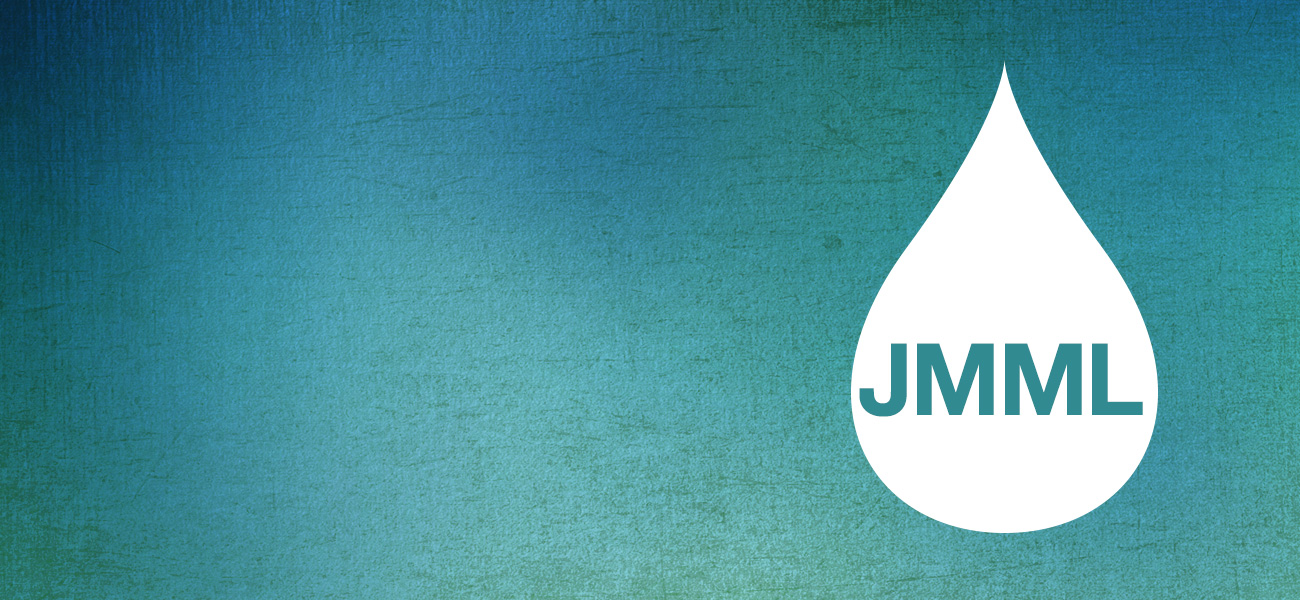Parents of JMML patients are advised to discuss survival information with their child’s hematologist-oncologist. Keep in mind that outcome data can show how other children with JMML responded to treatment, but it cannot predict how any one child will respond.
Outcomes for JMML patients are variable. Some patients have rapidly progressing disease while others have a relatively slow-growing course. To date, the only potentially curative therapy is allogeneic stem cell transplantation. The median survival time for patients who have aggressive JMML and who do not receive a transplant can be as short as 10 to 12 months and, on average, is less than 2 years.
There are individual factors that influence patient outcome. Factors that may indicate a less favorable outcome include:
- Age greater than 2 years
- A low platelet count at diagnosis
- Elevated hemoglobin F levels
- More than one gene mutation detected in JMML cells at diagnosis
In contrast, in a small percent of patients the disease resolves spontaneously, without the need for treatment. Spontaneous improvement of some JMML patients with somatic NRAS mutations and germline CBL mutations has been noted.
Related Links
- Download or order The Leukemia & Lymphoma Society's free booklet, Chronic Myelomonocytic Leukemia (CMML) and Juvenile Myelomonocytic Leukemia (JMML)
